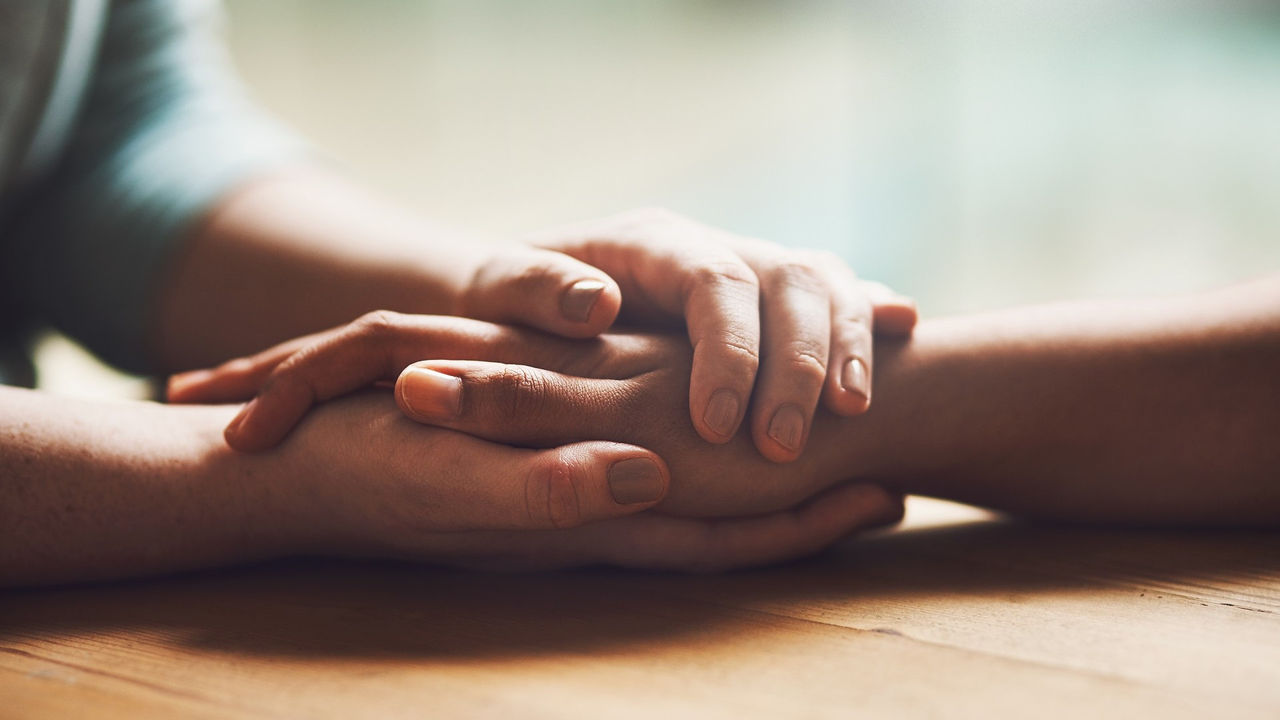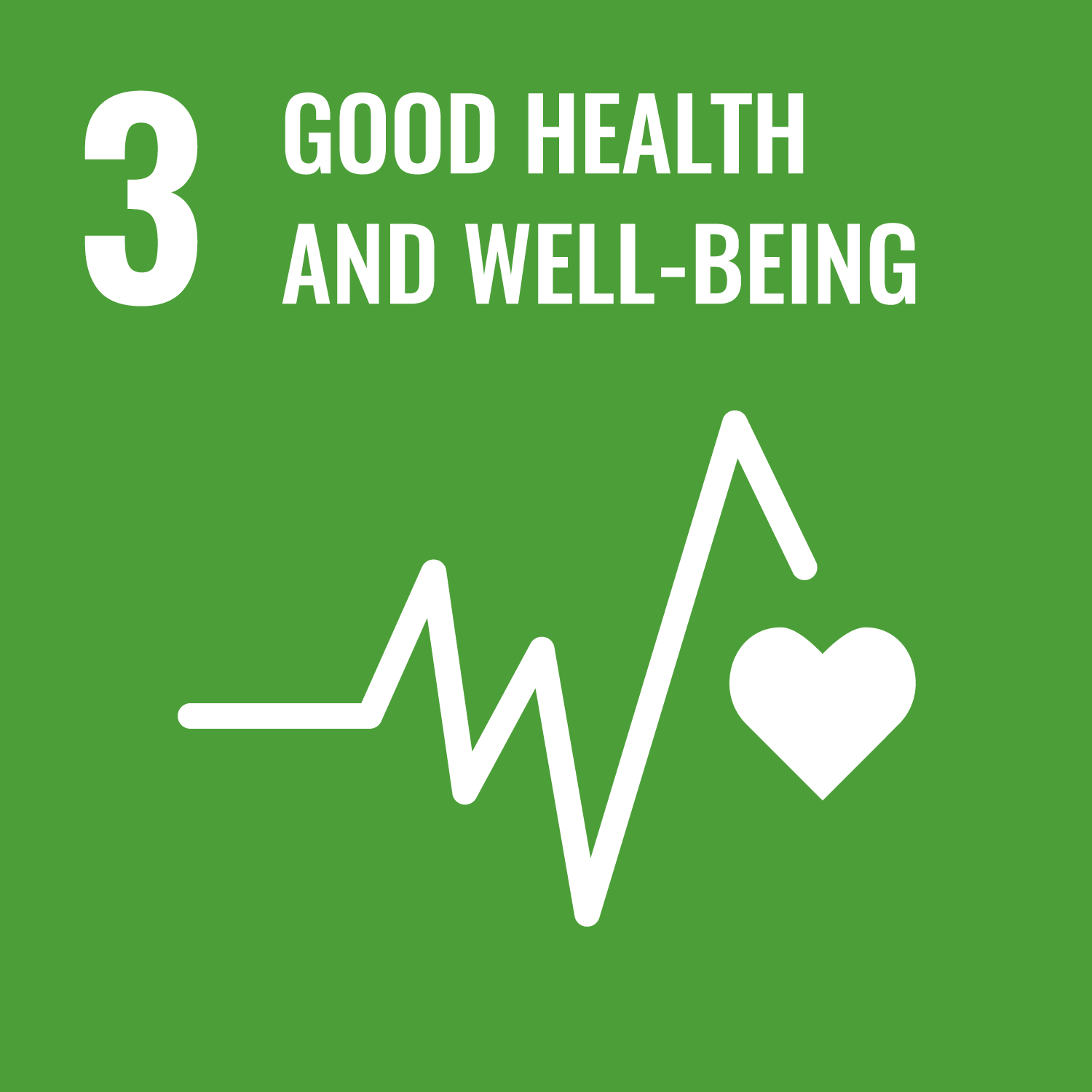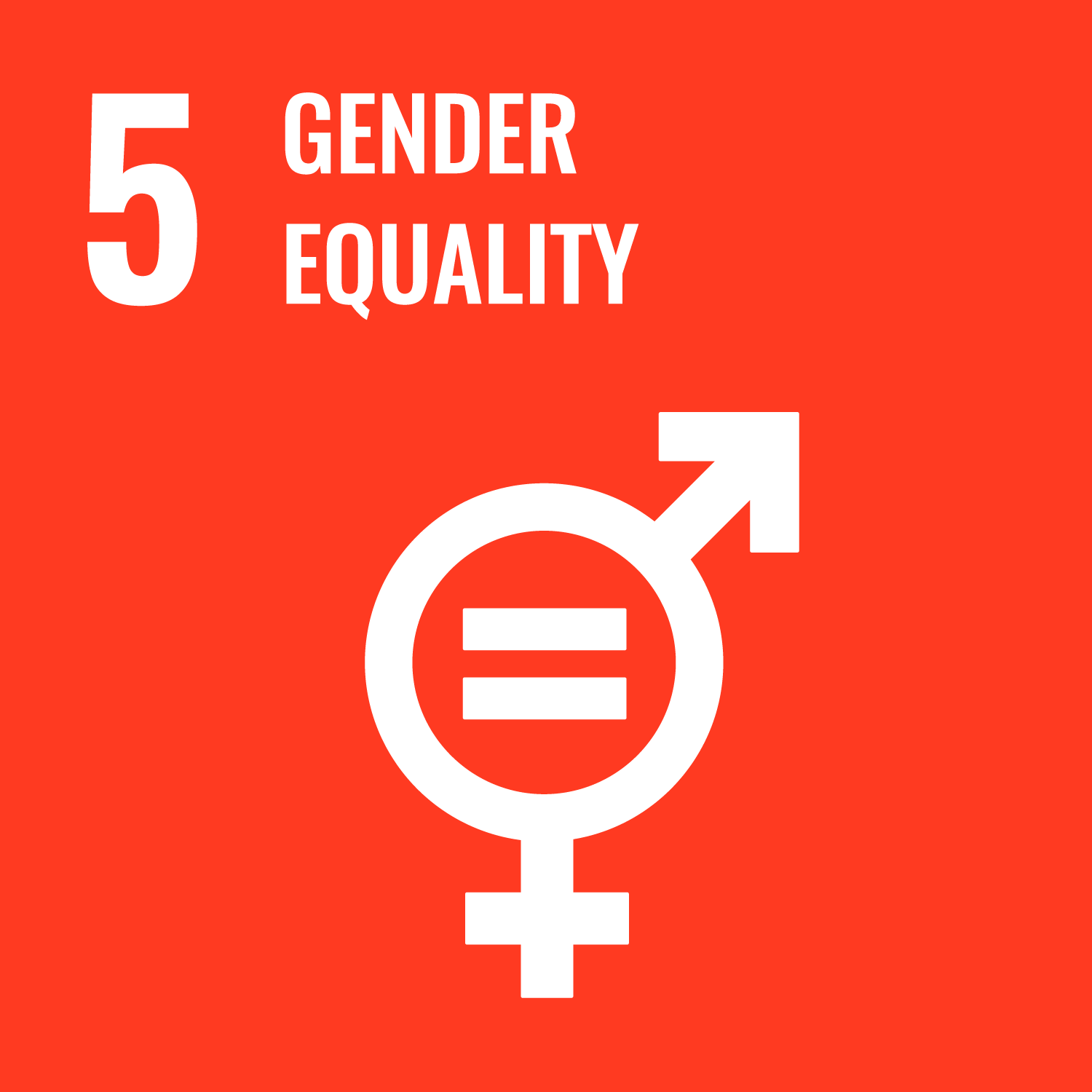A guide seeks to highlight and transform the experiences of caregivers and family members in mental illness situation
In Catalonia, 88% of psychiatric care is provided at home, primarily by female family members, who bear a heavy physical and emotional burdenThe 'Guide to democratic and collective care', which has been coordinated by the UOC, advocates a shift towards a fairer and more cooperative care model

The Universitat Oberta de Catalunya (UOC) is behind the publication of the Guide to democratic and collective care, a new educational resource designed to improve the care model for people with serious mental illnesses. The aim is to help build a care network for these patients that is both fairer and more evenly distributed, preventing the work overload and exhaustion suffered by the women – usually family members – who end up providing most of this care. The new guide, to be presented to the public on 8 May, is one of the outcomes of the research project CUSAM –Female caregivers of people with severe mental disorders: challenges for achieving democratic and collective care–, an initiative led by the UOC and carried out with funding from the Women's Institute, which is part of the Spanish Ministry of Equality. The University of Barcelona (UB), Universitat Autònoma de Barcelona (UAB) and Universitat Rovira i Virgili (URV) were also involved in the project.
The Guide to democratic and collective care emphasizes how the deinstitutionalization of the mental health system has transferred responsibility for care to families, forcing women to take on tasks that should be carried out by healthcare services, such as overseeing medication or managing crises. According to the data presented in the guide, 80% of people caring for family members in Europe are women, a figure that reaches 88% in Catalonia. In 36% of cases, these women – usually the patients' mothers – are the sole caregivers. Many of them have devoted upwards of 15 years to this role, averaging 22 hours a week and often without any institutional support or recognition. This has a serious physical and emotional impact: as many as 77% suffer from severe anxiety or depression, and one out of every three reports a decline in their own physical health as a direct result of their caregiving duties.
"This situation underscores the urgent need to move towards a new, more democratic and collective care model, which is one of the main aims of this resource", said Asunción Pié, a member of the UOC's Faculty of Psychology and Education Sciences and a researcher in its CareNet group (unit Culture, creativity, social justice, critical thinking, humanities). Pié is one of the coordinators of the publication, which has a dozen authors and draws on the experiences of female caregivers. The guide is available for free and can be downloaded from the UOC's website.
The authors caution that it is not a technical manual with specific instructions on how to care for mental illness patients, "as there is no one-size-fits-all solution". However, it does provide a number of tools to facilitate these processes and help make the care model fairer and more inclusive and feminist. "Care isn't always there, readily on hand; it must be developed together with all the parties involved in the care network. The guide sets out the criteria and conditions needed to drive this process and find out what needs to be done to put democratic and collective care networks in place," said Pié.
How was the guide developed?
The guide is the result of rigorous qualitative research based on 20 in-depth interviews with female caregivers, four focus groups, two meetings with professionals and various other dissemination events. The process was supported by a steering group composed of mental health professionals, activists, female researchers and, most importantly, women caregivers. Rather than purporting to serve as a manual with ready-made solutions, the guide provides an opportunity for open dialogue co-created based on the experiences, knowledge and needs of the participants and members of their families. "Our aim is to put into practice some of the ideas and principles relating to care that appear in the scientific literature but are yet to be properly implemented in society. It's a very practical guide", said the UOC faculty member and researcher.
The guide provides a critical analysis of the traditional mental health care system, reflects on emotions such as guilt, loneliness and the pressure of feeling indispensable and puts forward practical proposals for establishing care agreements and putting support networks in place. It does this with a feminist, anti-ableist and intersectional approach that advocates recognition, redistribution of responsibilities and dignity in informal caregiving. Furthermore, the project is supplemented by a podcast series featuring conversations with the caregivers who took part in the initiative.
Useful for a wide range of audiences
Although the Guide to democratic and collective care is aimed primarily at women caregivers, it is also intended for mental illness patients and professionals, social organizations, families and community networks. It is designed to be inclusive and cross-cutting, encouraging everyone directly or indirectly involved in the care system to contribute to its transformation.
According to the team behind the project, this new resource "is particularly valuable for primary care providers in the field of social work wishing to support these processes". In fact, there is already significant interest in taking part in a pilot project to put the guide's criteria into practice, although the specifics are yet to be finalized.
Furthermore, Pié asserted that the guide fills a gap left unaddressed by existing resources. "In the field of mental health, there are guides on matters such as discontinuing medication, collaborative medication management and care in a crisis. And in the field of care, there are guides for other groups. However, there are no guides specifically aimed at mental illness patients. Our work is the first to bridge both fields, approaching them in a very practical way and with a clear wish to bring about change," she said.
The ultimate goal is to foster dialogue among caregivers, mental illness patients and other members of the support network; to support the development of care agreements based on shared wishes, boundaries and responsibilities; to highlight the gender, class and background inequalities that shape caregiving; to provide tools to create community networks beyond individualistic and biomedical models; and to advocate care as a fundamental human right for everyone involved.
The guide argues for the need to view care as a collective responsibility, a paradigm that still seems a distant aspiration for the project team. "Although we're a bit closer than we were a few years ago, we need material resources – like this guide – to help change the way we view human nature, moving beyond the illusion of self-sufficiency and creating a social organization that is based on care networks and is more human and connected, to address the current global crisis," said the UOC researcher.
This UOC project, funded by the Women's Institute of the Spanish Ministry of Equality, supports the Sustainable Development Goals (SDGs); specifically SDG 3, Good Health and Well-being, and SDG 5, Gender Equality.
Experts UOC
Press contact
-
Anna Sánchez-Juárez


